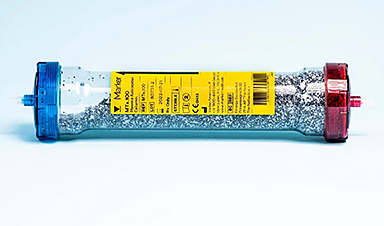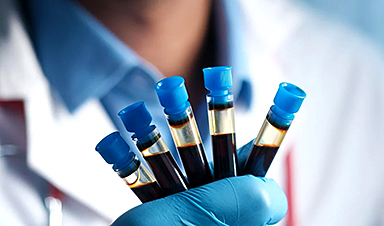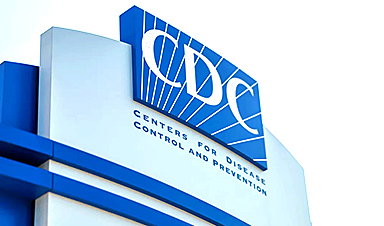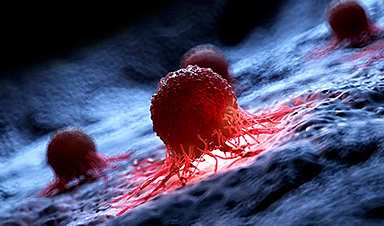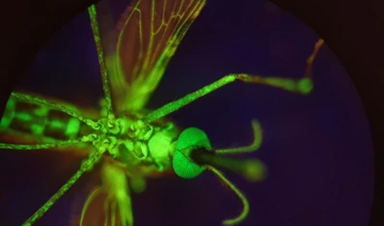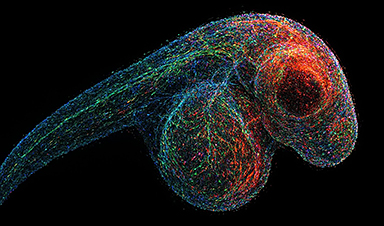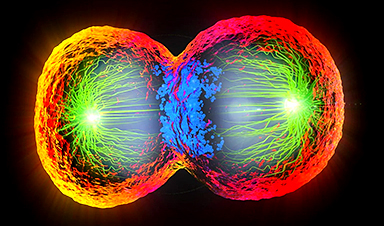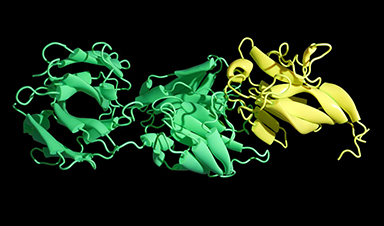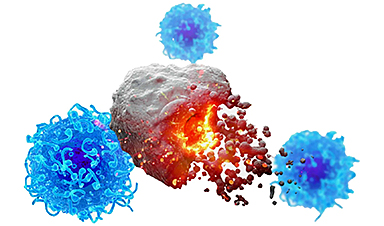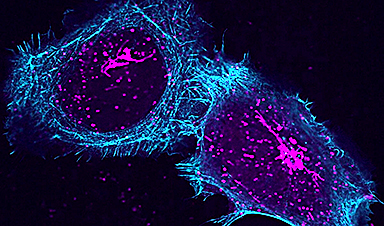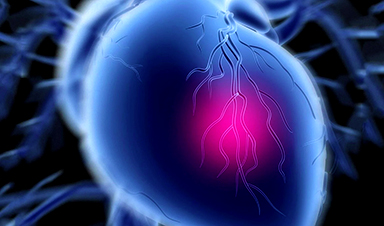- Sunday, October 3, set records for the most COVID-19 deaths in Russia on a single day.
- Only 29% of people in Russia are vaccinated, despite the country being the first to approve a vaccine.
- The vast majority of hospitalized COVID-19 patients in Russia are unvaccinated.
On Sunday, October 3, Russia reported its highest number of COVID-19 deaths per day since the start of the pandemic for the fifth time in a week. That day, 890 people died of the disease. The number of new infections was 25,769, the second-highest of the year.
Russia has the highest COVID-19 death toll of any European nation, with 218,345 fatalities. The country has reported 7,832,964 cases of the disease since the start of the pandemic.
According to The Guardian, publicly available data suggest that 600,000 “excess deaths” have occurred in Russia from the start of the pandemic to July 2021. This statistic suggests that the official death toll may significantly undercount the actual figure.
Rising rates
Prime Minister Mikhail Mishustin says that the government is “seriously concerned” about the rise in COVID-19 infections and fatalities.
Mishustin points out: “Morbidity is increasing in most Russian regions. There are twice as many patients in hospitals as there were at the same time last year.” Mishustin himself was diagnosed with COVID-19 in April.
As SARS-CoV-2’s Delta variant moves through Russia’s population, Mishustin attributes the surge to low vaccination rates among the country’s citizens, saying that “the vaccination level is insufficient to stop the spread of infection.”
Of the people currently hospitalized in Russia with COVID-19, the vast majority are unvaccinated.
This is in spite of the fact that Russia was the first nation to approve a vaccine for COVID-19, its own Sputnik V vaccine. Today, three different vaccines are available throughout the country.
Low vaccination factors
President Vladimir Putin has consistently urged the Russian people to get vaccinated, saying, “[COVID-19 is] dangerous, dangerous to your life. The vaccine is not dangerous.”
Nonetheless, just 29% of people in Russia are fully vaccinated. Almost 33% have received a single dose.
Last summer, an independent survey explored Russians’ resistance to vaccination. In that study, 33% of people surveyed said they were fearful of side effects, 20% said they were waiting for the completion of clinical trials, and 16% saw no reason to get vaccinated. Russia finished phase 3 clinical trials of the Sputnik V vaccine on September 30.
Of those surveyed, 57% said they were not afraid of getting COVID-19. A similar number said they were opposed to mandatory vaccinations.
Dr. Anna Gotlib, a Russian-born philosopher and bioethicist, told Medical News Today that another factor is a longstanding distrust of the federal government in Russia that can leave people “sort of stuck.” Dr. Gotlib said:
“They have a hard time trusting their own vaccine, and yet they don’t trust the Western one. In the end, they just opt out of the whole thing.”
According to Dr. Gotlib, the Russian people also have a long history of faith in home remedies, “going back even before the Soviet Union, going back all the way to the tzars and beyond.”
She continued: “I remember even my own grandmother, she was an educated woman, but she had her own ways. If I got sick, unless I was really sick, the first trip wasn’t to the doctor. She had her own little medicine cabinet of things.”
A recent Russian studyTrusted Source suggests that “the attitude toward immunoprophylaxis against COVID-19 in Russia can be characterized as distrust of a specific vaccine and approval of vaccination in general as an effective technology for combating epidemics.”
Dr. Gotlib also described the degree to which disinformation regarding COVID-19 and vaccines has “drenched” Russian media.
When people complain about how pervasive disinformation is in the United States, asserted Dr. Gotlib, “they have no idea how bad it is in Russia, to the extent where when you look at Russian media sometimes it’s really hard to make your way through all the pseudoscientific anti-vaccine [nonsense] claims.”
Others have suggested that the popularity of antibody tests in Russia may somewhat account for the low vaccination numbers. Although such tests can only detect antibodies from a previous infection and cannot assess immunity to COVID-19 or diagnose a current case, some may be more comfortable with the test than vaccinations….
News
NanoApps Medical is a Top 20 Feedspot Nanotech Blog
There is an ocean of Nanotechnology news published every day. Feedspot saves us a lot of time and we recommend it. We have been using it since 2018. Feedspot is a freemium online RSS [...]
This Startup Says It Can Clean Your Blood of Microplastics
This is a non-exhaustive list of places microplastics have been found: Mount Everest, the Mariana Trench, Antarctic snow, clouds, plankton, turtles, whales, cattle, birds, tap water, beer, salt, human placentas, semen, breast milk, feces, testicles, [...]
New Blood Test Detects Alzheimer’s and Tracks Its Progression With 92% Accuracy
The new test could help identify which patients are most likely to benefit from new Alzheimer’s drugs. A newly developed blood test for Alzheimer’s disease not only helps confirm the presence of the condition but also [...]
The CDC buried a measles forecast that stressed the need for vaccinations
This story was originally published on ProPublica, a nonprofit newsroom that investigates abuses of power. Sign up to receive our biggest stories as soon as they’re published. ProPublica — Leaders at the Centers for Disease Control and Prevention [...]
Light-Driven Plasmonic Microrobots for Nanoparticle Manipulation
A recent study published in Nature Communications presents a new microrobotic platform designed to improve the precision and versatility of nanoparticle manipulation using light. Led by Jin Qin and colleagues, the research addresses limitations in traditional [...]
Cancer’s “Master Switch” Blocked for Good in Landmark Study
Researchers discovered peptides that permanently block a key cancer protein once thought untreatable, using a new screening method to test their effectiveness inside cells. For the first time, scientists have identified promising drug candidates [...]
AI self-cloning claims: A new frontier or a looming threat?
Chinese scientists claim that some AI models can replicate themselves and protect against shutdown. Has artificial intelligence crossed the so-called red line? Chinese researchers have published two reports on arXiv claiming that some artificial [...]
New Drug Turns Human Blood Into Mosquito-Killing Weapon
Nitisinone, a drug for rare diseases, kills mosquitoes when present in human blood and may become a new tool to fight malaria, offering longer-lasting, environmentally safer effects than ivermectin. Controlling mosquito populations is a [...]
DNA Microscopy Creates 3D Maps of Life From the Inside Out
What if you could take a picture of every gene inside a living organism—not with light, but with DNA itself? Scientists at the University of Chicago have pioneered a revolutionary imaging technique called volumetric DNA microscopy. It builds [...]
Scientists Just Captured the Stunning Process That Shapes Chromosomes
Scientists at EMBL have captured how human chromosomes fold into their signature rod shape during cell division, using a groundbreaking method called LoopTrace. By observing overlapping DNA loops forming in high resolution, they revealed that large [...]
Bird Flu Virus Is Mutating Fast – Scientists Say Our Vaccines May Not Be Enough
H5N1 influenza is evolving rapidly, weakening the effectiveness of existing antibodies and increasing its potential threat to humans. Scientists at UNC Charlotte and MIT used high-performance computational modeling to analyze thousands of viral protein-antibody interactions, revealing [...]
Revolutionary Cancer Vaccine Targets All Solid Tumors
The method triggers immune responses that inhibit melanoma, triple-negative breast cancer, lung carcinoma, and ovarian cancer. Cancer treatment vaccines have been in development since 2010, when the first was approved for prostate cancer, followed [...]
Scientists Uncover Hidden Protein Driving Autoimmune Attacks
Scientists have uncovered a critical piece of the puzzle in autoimmune diseases: a protein that helps release immune response molecules. By studying an ultra-rare condition, researchers identified ArfGAP2 as a key player in immune [...]
Mediterranean neutrino observatory sets new limits on quantum gravity
Quantum gravity is the missing link between general relativity and quantum mechanics, the yet-to-be-discovered key to a unified theory capable of explaining both the infinitely large and the infinitely small. The solution to this [...]
Challenging Previous Beliefs: Japanese Scientists Discover Hidden Protector of Heart
A Japanese research team found that the oxidized form of glutathione (GSSG) may protect heart tissue by modifying a key protein, potentially offering a novel therapeutic approach for ischemic heart failure. A new study [...]
Millions May Have Long COVID – So Why Can’t They Get Diagnosed?
Millions of people in England may be living with Long Covid without even realizing it. A large-scale analysis found that nearly 10% suspect they might have the condition but remain uncertain, often due to [...]


